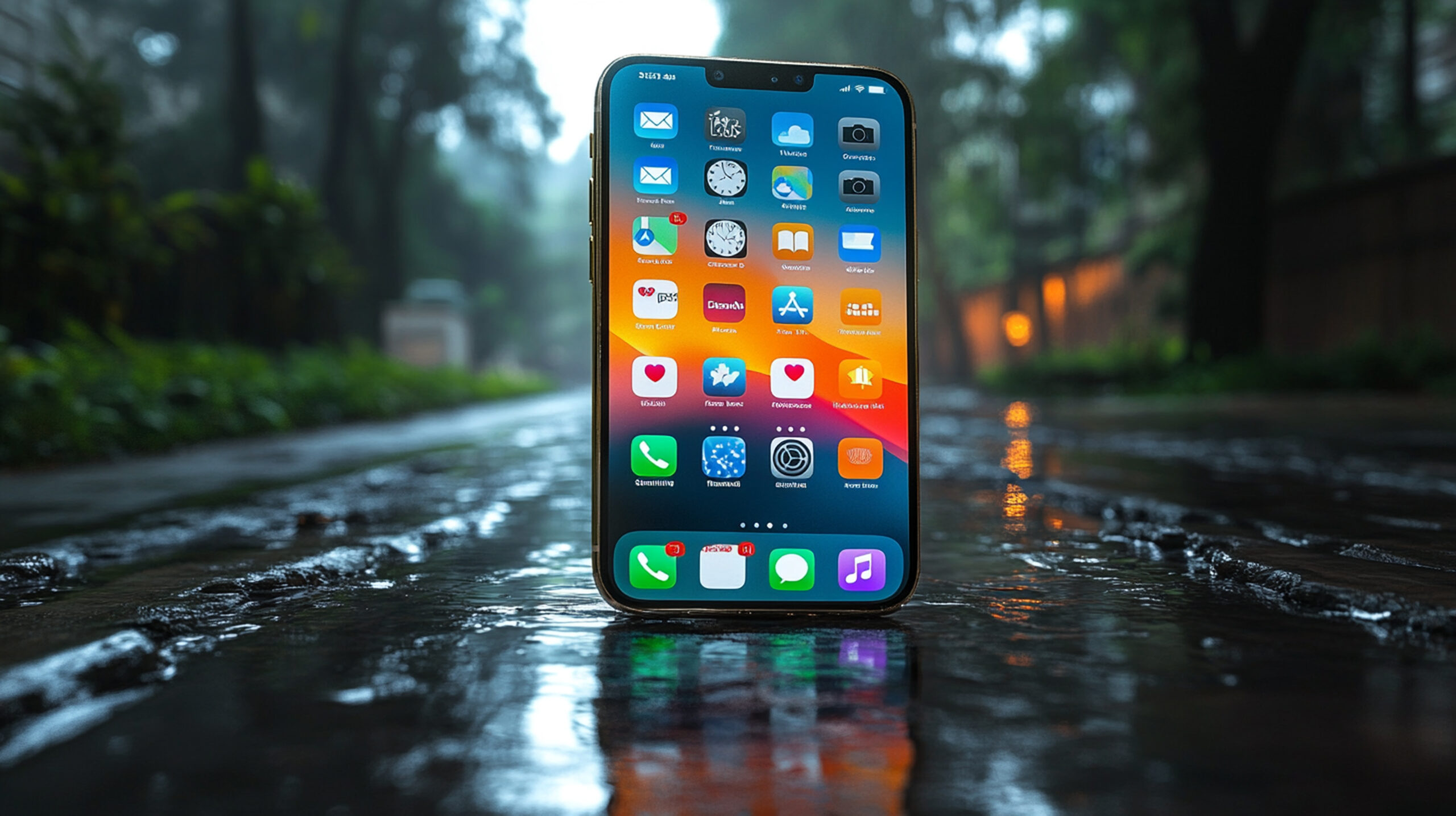
About Hykez
- Branding & Digital Marketing
- Website & App Development
- CRM & ERP Solutions
- IT Staffing


- By Admin
- 0 Comment
The Role of AI and Machine Learning in Android App
In today’s fast-paced digital world, Android app development has evolved far beyond simple functionality. Modern users expect apps to be smarter, more personalized, and capable of understanding their needs. This is where Artificial Intelligence (AI) and Machine Learning (ML) come into play. These technologies are revolutionizing the Android ecosystem, enabling developers to create intelligent, adaptive, and efficient mobile experiences that go far beyond traditional programming.
Enhancing User Experience Through Personalization
One of the biggest impacts of AI and ML in Android app development is personalization. Apps can now analyze user behavior, preferences, and interactions to deliver tailored experiences. For instance, streaming platforms like Netflix and Spotify use machine learning algorithms to recommend movies or songs based on what users have previously enjoyed. Similarly, e-commerce apps use AI to suggest products that align with individual tastes and purchase histories. By understanding users better, AI helps developers create apps that feel more human and engaging.
Smarter Search and Voice Assistants
Voice recognition and natural language processing (NLP) have transformed how users interact with Android apps. Virtual assistants such as Google Assistant rely on AI to interpret speech, process queries, and provide accurate responses. Developers can integrate similar capabilities into their apps using tools like Google’s ML Kit and TensorFlow Lite. These frameworks allow Android applications to support voice commands, predictive typing, and intelligent search, making them more accessible and user-friendly.
Predictive Analytics for Business Insights
AI and ML also empower Android apps to make data-driven decisions. Predictive analytics uses past data to forecast future user behavior, helping businesses optimize their strategies. For example, finance apps can detect unusual transactions, while fitness apps can predict workout patterns or suggest new routines. This kind of predictive intelligence allows businesses to anticipate user needs, improve engagement, and increase retention rates.
Enhanced Security and Fraud Detection
Cybersecurity is a major concern in mobile app development, and AI is playing a crucial role in strengthening defenses. Machine learning algorithms can identify suspicious activities, detect malware, and prevent fraudulent transactions in real time. Banking and payment apps especially benefit from AI-driven authentication systems that recognize unusual login attempts or risky behavior patterns. This proactive approach significantly reduces the risk of data breaches and enhances user trust.
Automation and App Efficiency
AI-powered automation tools are making the development process itself more efficient. From testing and debugging to performance optimization, developers can use AI to identify issues faster and streamline workflows. ML models can even help predict how changes in code might affect performance, enabling developers to deliver faster, smoother, and more reliable apps.
Conclusion: The Future is Intelligent
As AI and machine learning technologies continue to advance, their role in Android app development will only grow stronger. These innovations are not just making apps smarter but also reshaping how users connect with technology. For businesses and developers alike, embracing AI-driven development is no longer optional—it’s the key to staying competitive in a world where intelligence defines success.
